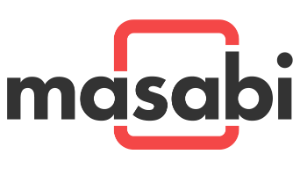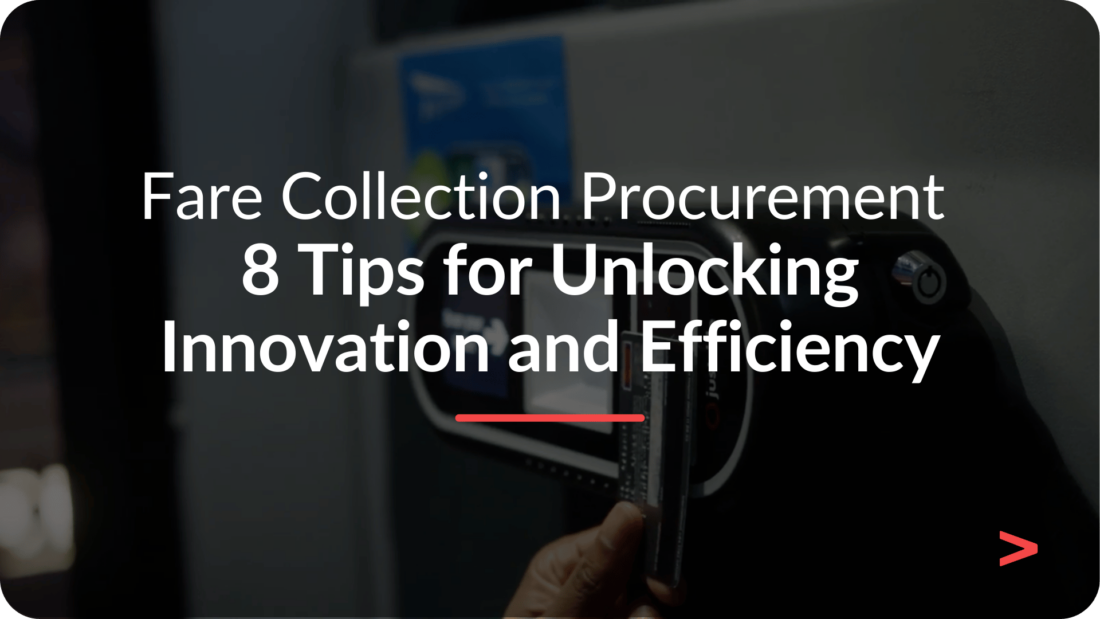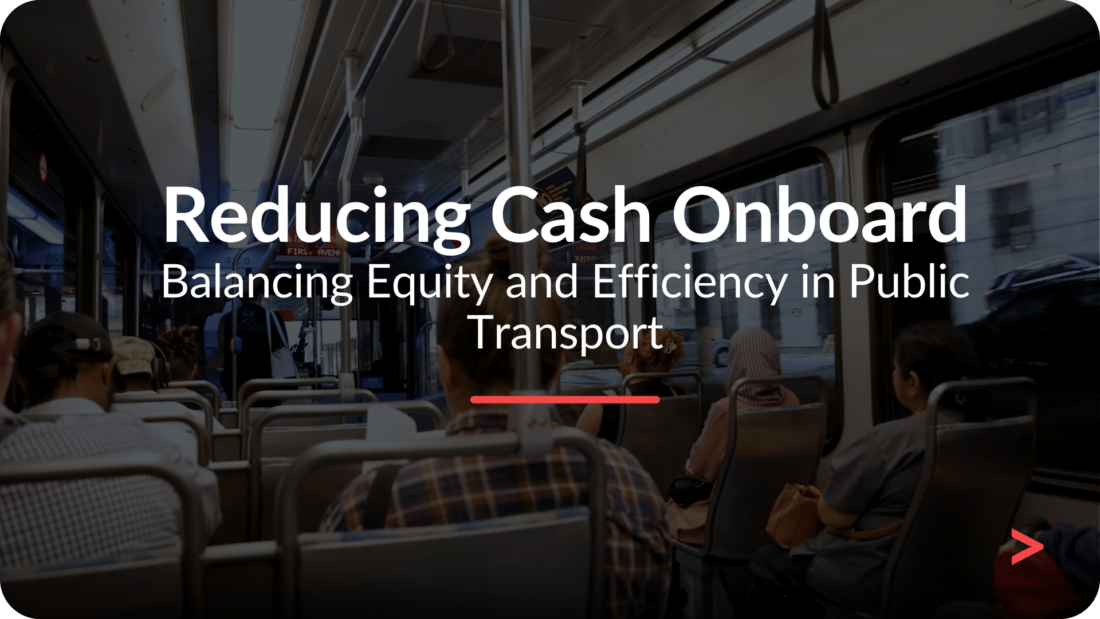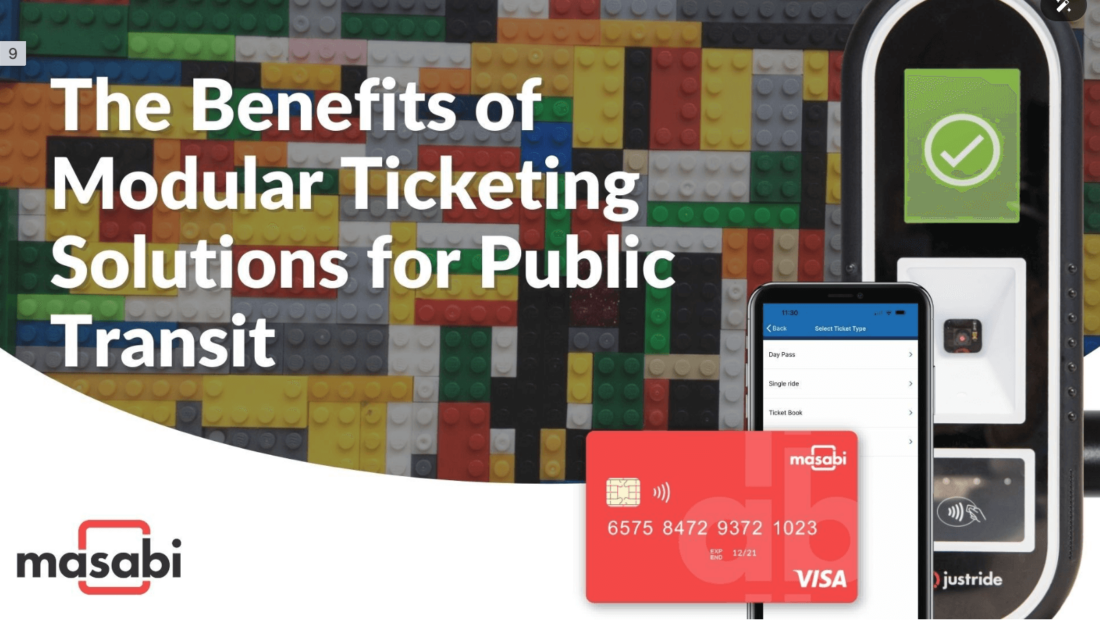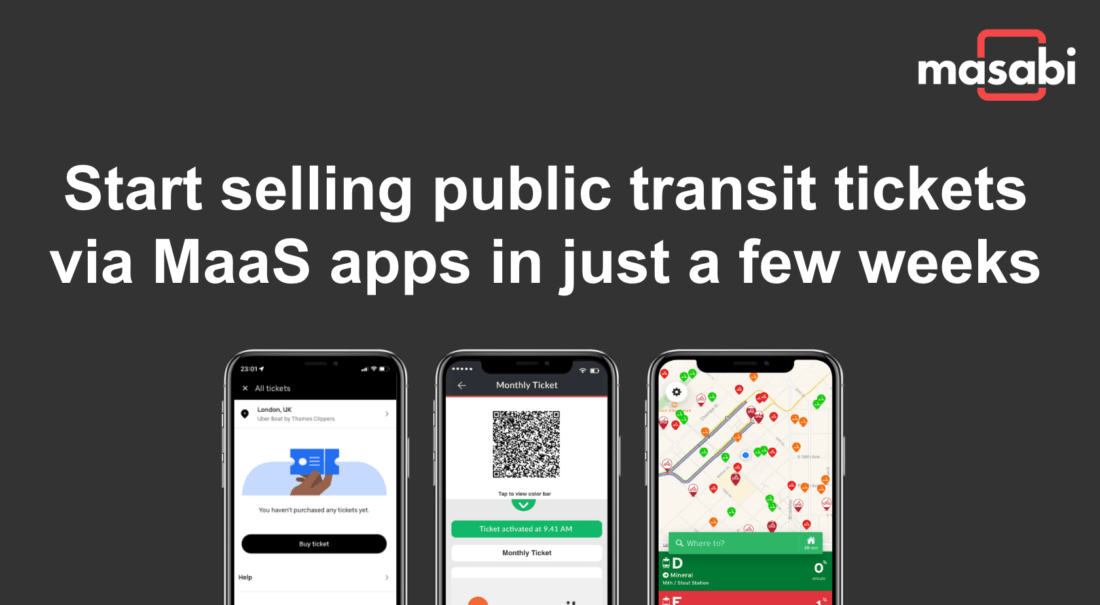
Start selling public transit tickets via MaaS apps in just a few weeks
One of the advantages of Mobility as a Service (MaaS) is the ability to reach a whole new audience of potential customers who are already using mobility solutions via apps like Uber, Transit or Moovit.
Making public transit tickets available to purchase in MaaS apps with large existing user bases, significantly increases the awareness and discoverability of public transit options and makes buying and paying for tickets more convenient for riders, without needing to sign up to MaaS subscriptions.
And the good news is that transit agencies wanting to sell public transit tickets through the most popular MaaS platforms can be up and running in a matter of weeks.
Takeouts:
- Over 70 transit agencies in five countries already selling tickets via MaaS apps (platforms)
- No development costs with simple usage-based pricing
- Ready for rollout in weeks
- Deliver tickets in apps riders already choose and use with large existing user bases
- Makes a wider progression to a complete MaaS solution easier
Adding MaaS platforms as additional sales channels may seem like a risky and potentially costly project, but more than 70 transit agencies around the world are already selling tickets via rapidly growing MaaS apps such as Uber, Transit, Moovit and Jorudan.
For those who don’t know, Mobility as a Service (MaaS) is the integration of different modes of shared transport, payment and journey planning tools into a mobility service accessible from the moment people leave their front door until they reach their destination, without using private cars, helping reduce congestion and pollution.
Making public transit tickets available via these increasingly popular apps with large and growing user bases is a rapid and cost-effective way for transit agencies to expand and diversify ticketing sales channels by partnering with MaaS apps that are already being used by millions of people around the world.
We call this results-driven approach ‘Practical MaaS’ and public transit agencies can adopt it quickly.
Practical MaaS is all about integrating the ability to purchase transit tickets within popular consumer-facing MaaS apps – connecting public transit with private sector mobility solutions such as ride-hailing or bike-sharing to help solve the first and last mile problem and deliver riders a seamless journey.
Masabi’s Justride Software Development Kit (SDK) integrates public transit with the rapidly expanding MaaS ecosystem, empowering mobility app users to plan seamless end-to-end journeys using the powerful journey-planning functionality embedded within these apps.
The SDK is pre-integrated into leading MaaS apps and allows agencies to quickly ‘plug into’ these solutions and start selling tickets.
From Cincinnati to Las Vegas and from Tokyo to London, transit agencies and transport operators have successfully launched their own digital ticketing operations within market-leading MaaS apps by using the Justride SDK.
Consumer research suggests the vast majority of riders love the convenience of finding and purchasing transit tickets with just a couple of taps on their phone and many transit agencies have seen an increase in ticket sales as a result.
Deploying practical MaaS offers a ‘win-win’ smart ticketing solution because agencies only pay for tickets sold, so even if you only attract a small number of additional riders to use public transit, the benefits far outweigh the costs.
For agencies who aren’t currently prioritising selling tickets through consumer-facing MaaS platforms, the SDK can also be integrated into agency-branded MaaS apps.
Where in the world has a Practical Mobility-as-a-Service (MaaS) approach been used?
The beauty of Practical MaaS is that it exists in the here and now. Some transit agencies have been able to deploy Practical MaaS ticket sales in a matter of weeks. Rather than designing and building elaborate ticketing systems and applications from scratch, Justride’s open platform is designed to easily integrate with MaaS apps.
- In the USA, Masabi’s Justride SDK enabled Denver’s RTD to partner with Uber, Transit and Lyft to sell public transit tickets, launching in 2019. The agency-branded application still makes up the bulk of mobile ticketing users, but the take-up from the MaaS apps has been significant in attracting more users to ride transit services. A similar offering went live in Las Vegas in January 2020, with the launch of ticketing in the Uber, Transit and Lyft applications, operating alongside the existing agency-branded app. In New York City, Fire Island Ferry passengers can purchase tickets to Long Island via Uber. The NEORide partnership of 14 Midwest transit agencies operating across Michigan, Ohio and Kentucky has been selling tickets via Uber, Transit and Moovit since October 2019. And in many cases, the MaaS application is the lead mobile sales channel such as in Dayton, Columbus and Rochester with Transit.
- In Europe, Uber Boat by Thames Clippers launched in 2020 with tickets in the Uber app. In Bilbao, Spain, Lurraldebus teamed up with local provider Gertek to launch an agency-branded MaaS app.
- In Japan, working with local partner Jorudan, Masabi has rolled out in-app ticketing in more than 30 cities including Oita, Sapporo, Asahikawa, Kumamoto, Oshima and Tsuchiura via the Japan Transit Planner and Norikae Annai apps. Using Masabi’s SDK, one operator: Nikko Kotsu Bus in Tochigo Prefecture north of Tokyo, rolled out in-app ticketing in just 16 days!
In all of these examples, the main factors that convinced transit authorities to embrace Practical Maas included:
- Low cost: Usage-based pricing reduces cost and risk
- Speed: Can be rolled out in a matter of weeks rather than months or years
- Discoverability: Makes it easier for passengers to find and book tickets in apps they already choose and use
In total, some 70 transit agencies in five countries around the world are now operating some form of Practical MaaS, with many more currently preparing to launch.
To find out more about how Masabi can help your agency deliver a practical MaaS solution within weeks, get in touch: contact@masabi.com
